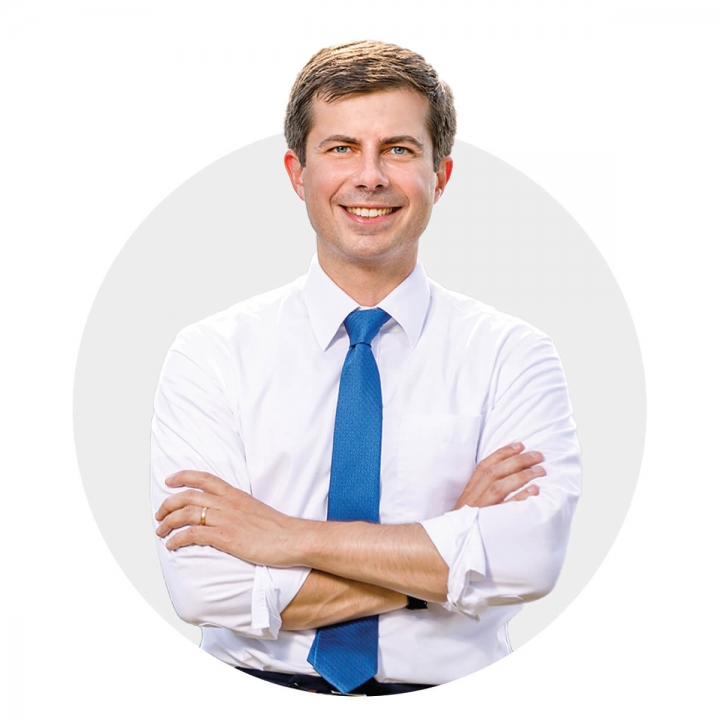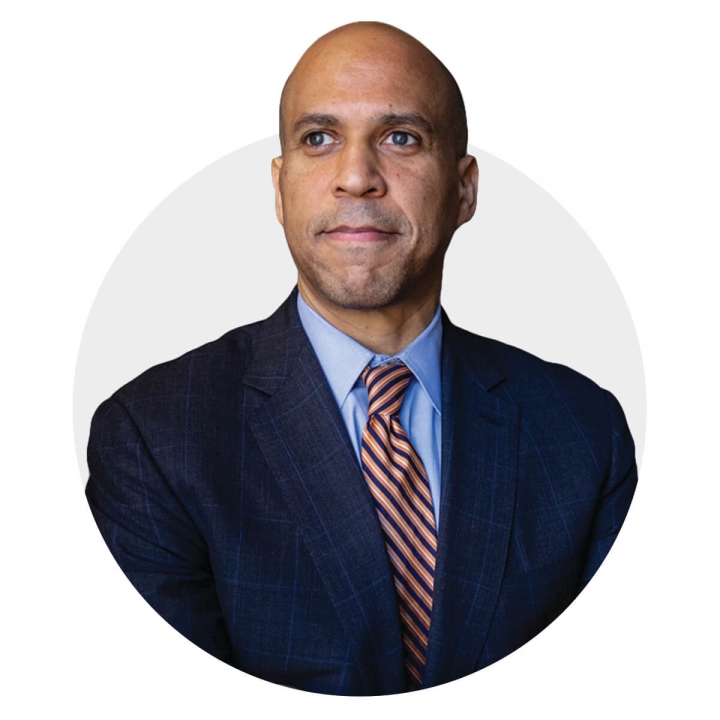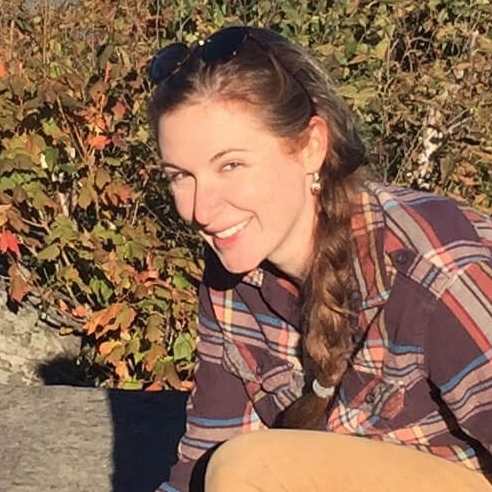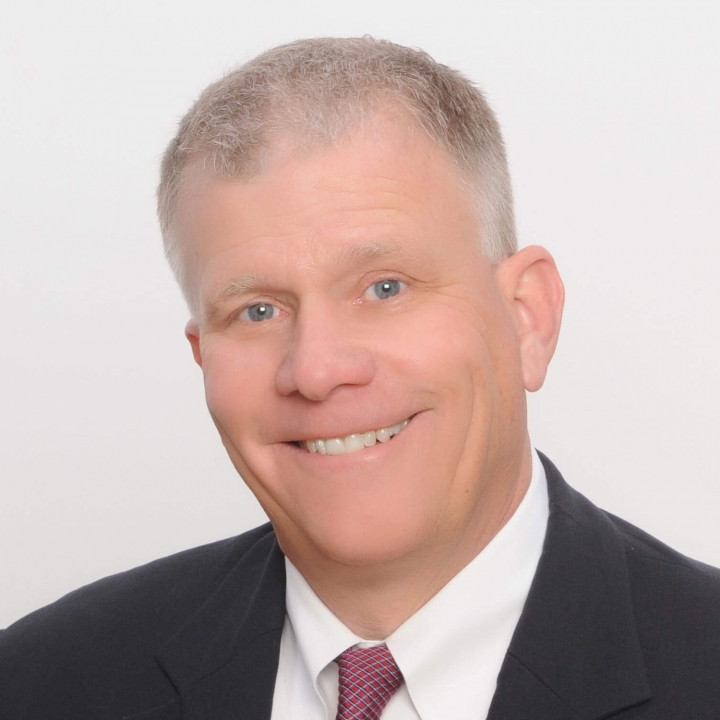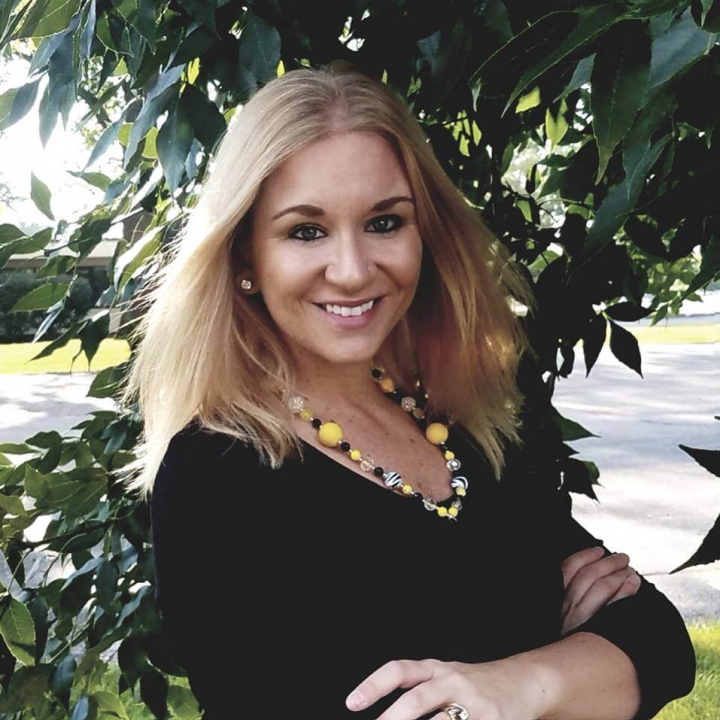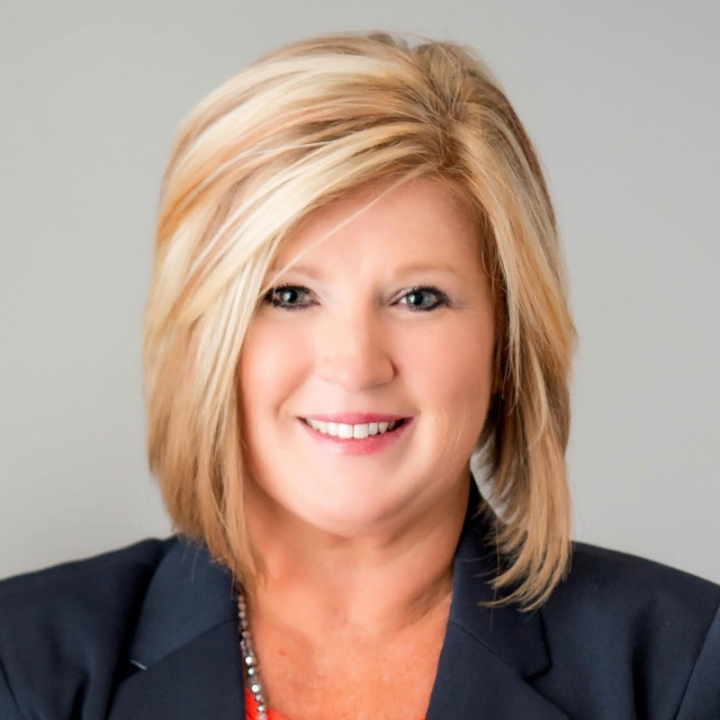Pete Buttigieg on Voting Rights Restoration
Buttigieg supports the restoration of voting rights for felons upon release from prison.
Buttigieg does not believe prisoners should have the right to vote while incarcerated.
“I do believe that…when you have served your sentence, then part of being restored to society is that you are part of the political life of this nation again. And one of the things that needs to be restored is your right to vote. As you know, some states and communities do it, some don’t. I think we’d be a better country if everybody did it. Frankly, I think the motivations for preventing that kind of re-enfranchisement, in some cases, have to do with one side of the aisle noticing that they politically benefit from that. And that’s got some racial layers too.”
Presidential Town Hall with Mayor Pete Buttigieg
CNN, April 22, 2019 | Anderson Cooper
Read More
Pete Buttigieg Says Incarcerated People Shouldn’t Get to Vote
Gq.com, April 23, 2019 | Luke Darry
Pete Buttigieg on Drug Decriminalization
Buttigieg’s “Healing and Belonging in America” plan emphasizes the need to divert people who use drugs away from prisons and into treatment. He intends to accomplish this by expanding diversionary programs and evidence-based training “for drug courts, mental health courts, and other alternatives to incarceration for justice-involved persons.”
The goal of Buttegieg’s proposed decriminalization and diversion model is to reduce “the number of people incarcerated due to mental illness or substance use by 75 percent in the first term.”
Buttigieg supports marijuana legalization, and will expunge past marijuana convictions.
Buttegieg will eliminate incarceration for drug possession at the federal level.
Buttegieg plans to reduce sentences for all other drug offenses, and apply these reductions retroactively.
“To ensure that people with a mental illness or substance use disorder can heal, we will decriminalize these conditions.”
HEALING AND BELONGING IN AMERICA: A Plan to Improve Mental Health Care and Combat Addiction
Buttigieg campaign website, 2019
Read More
Buttigieg Pledges To Decriminalize Possession Of All Drugs In First Term As President
Marijuana Moment | August 23, 2019 | Kyle Jaeger
HEALING AND BELONGING IN AMERICA: A Plan to Improve Mental Health Care and Combat Addiction
Buttigieg campaign website, 2019
Pete Buttigieg on Substance Use Treatment Access
Buttigieg’s plan would deregulate buprenorphine at the federal level, while increasing the number of clinicians able to prescribe medication-assisted treatment (MAT).
Buttigieg plans to standardize addiction treatment by defining the elements of care provided throughout the continuum of care using national guidelines.
Buttigieg will incentivize states to increase Medicaid reimbursement rates that clinicians receive for providing MAT.
Buttigieg promises to prioritize research to develop medication to treat other types of drug dependence disorders.
Buttigieg’s substance use proposal specifically provides $10 billion to local communities via an annual grant program. Healing and Belonging grants would fund policies and programs focused on prevention, care integration, and community. The plan specifically includes funding to expand the peer support workforce.
Buttigieg would require all insurers to cover all three types of MAT to treat opioid addiction.
Buttigieg pledges to end policies that require patients to wait days or weeks to receive access to MAT by getting rid of prior authorization.
Buttigieg plans to increase mobile clinics and access to longer-lasting forms of MAT for patients in rural or medically underserved areas
Buttigieg will invest $100 billion dollars through a 10-year grant program to assist communities most impacted by addiction.
“For years, politicians in Washington have claimed to prioritize mental health care while slashing funding for treatment and ignoring America’s growing addiction and mental health crisis. That neglect must end. Our plan breaks down the barriers around mental health and builds up a sense of belonging that will help millions of suffering Americans heal.”
Democrat Buttigieg wants to save million lives through plan fighting mental health, addiction
Reuters, August 23, 2019 | Tim Reid
Read More
Buttigieg Unveils Plan to Improve Mental Health Care and Fight Addiction
CBS News | August 23, 2019 | Jack Turman
I Spent a Decade Addicted to Opioids, Here’s why Pete Buttigieg’s Plan Gives Me HopeThe Hill
September 15, 2019 | Ryan Hampton
Pete Buttigieg on Syringe Access
Buttegieg states, in response to a policy questionnaire sent to his campaign by AIDS United, that he would remove legislative and regulatory restrictions on the use of federal funds for syringe service programs.
“Among the key steps to addressing this joint epidemic are: community based substance use prevention programs that address the social and community determinants of SUD, appropriate monitoring of prescribing practices of clinicians, employing a full range of harm reduction services, including removing restrictions on the use of federal funds for syringe services programs, broad availability of naloxone for overdose reversal — including distribution to users through syringe services programs and community availability on the same level as Automated External Defibrillators (AEDs), access to comprehensive health care services from SUD disorder treatment that includes MAT and treatment for hepatitis C by assuring broader adoption of Medicaid expansion and through existing networks of safety-net providers, and a recognition that we also need to more broadly invest in social support services that should surround MAT, akin to the services available for people living with HIV under the Ryan White program.”
“To expand harm reduction services we will remove legislative and regulatory restrictions on the use of federal funds for syringe service programs. Under current law, local authorities have to jump through too many hoops to use federal dollars for operation of SSPs and may not use these funds for the purchase of syringes. These restrictions hamper state and local responses, both because they limit resources and because they convey a negative message about the value of these programs, despite overwhelming scientific evidence that they can prevent transmission of HIV and hepatitis. The Centers for Disease Control and Prevention (CDC) would also work with states to remove any criminal liability for those participating in SSPs.”
Read More
2020 Presidential Candidate Questionnaire
AIDS United
Pete Buttigieg
The Full Plan – Healing and Belonging in America: A Plan to Improve Mental Health Care and Combat Addiction
August 23, 2019
Four Things an HIV Policy Survey Reveals About 2020 Candidates’ Harm Reduction Positions
Filter Magazine, September 10, 2019
Cory Booker on Criminal Justice Reform
Booker is the author of the 2018 First Step Act, which aims to reduce federal mass incarceration by reducing and restricting enhanced sentences for prior drug felonies, and through evidence-based treatment for opioid and heroin use. This was signed into law by President Trump.
In March 2019, Booker introduced the Next Step Act, which includes a number of criminal justice reforms, including reducing mandatory sentences for non-violent drug offenses, banning racial and religious profiling, removing questions regarding conviction histories from job and other applications, and expunging records for marijuana-related charges.
Booker would eliminate the sentencing disparity between crack and powder cocaine.
Booker pledges to reinvest in the communities most impacted by the failed War on Drugs.
Booker would expand training for law enforcement officers on implicit racial bias, de-escalation and use-of-force.
Booker would decriminalize marijuana and expunge records for marijuana-related charges
Booker would extend clemency to individuals serving excessive sentences for nonviolent drug offenses.
Booker would end mandatory minimums for nonviolent drug offenses.
Booker supports removing questions regarding conviction histories from job and other applications.
Booker would prohibit racial and religious profiling and improve the reporting of police use-of-force incidents.
Booker would “absolutely” consider mass pardons or commutations for federal marijuana offenses.
“You can tell a lot about a country by who it incarcerates. Some countries imprison journalists. Others imprison political opponents. We imprison the poor, the addicted, the mentally ill, the survivors of abuse and sexual assault, and black and brown people. Our broken criminal justice system is a cancer on the soul of our nation that preys upon our most marginalized populations. It’s time we developed a cure.”
Cory Booker: It’s time for the next step in criminal justice reform
The Washington Post, March 10, 2019 | Cory Booker
Read More
Cory Booker is running for president in 2020. Here’s everything we know about the candidate and how he stacks up against the competition.
Business Insider, September 13, 2019 | John Haltiwanger and Joseph Zeballos-Roig
Criminal Justice
Cory Booker campaign website, 2019
Cory Booker takes the lead on criminal justice reform in 2020 campaign with new bill
CNBC, March 7, 2019 | Carmin Chappell
Cory Booker: It’s time for the next step in criminal justice reform
The Washington Post, March 10, 2019 | Cory Booker
Booker showcases pragmatic side in town hall
Politico, March 28, 2019 | Nolan D. McCaskill
Cory Booker on Overdose Prevention Sites
Booker has not explicitly endorsed safe injection sites in publications, but told a constituent, on video, that he supports them.
“I fought hard as a mayor to open our first needle exchange center. Safe injection sites, I’m fully in favor of them.”
Cory Booker Confronted By Girl On Substance Abuse
NowThis News, May 19, 2019
“It was a big mistake when it was made. We thought, we were told by the experts, that crack — you never go back; it was somehow fundamentally different. It’s not different, but it’s trapped an entire generation… [I] may not have always gotten things right.” – At a January, 2019 breakfast commemorating Martin Luther King Jr. in reference to the 1988 legislation. Source
Read More
Cory Booker Confronted By Girl On Substance Abuse
NowThis News, May 29, 2019
Cory Booker on HIV Getting to Zero
Booker pledges to “beat the [HIV] epidemic.”
Booker would remove barriers to accessing PrEP.
Booker pledges to halt all administration attacks on the Affordable Care Act and on Medicaid.
Booker plans to protect and fully implement programs that are important for those living with HIV and for preventing HIV, including the Ryan White AIDS program and the 340B program.
Booker would increase funding for HIV care and prevention.
Booker would work to pass comprehensive sex education legislation.
Booker promises HIV care will benefit by improved access to health coverage through his Medicare for All plan.
Booker would immediately fill vacancies on the Presidential Advisory Council on HIV/AIDS and seek advice and recommendations from the council on strategies for prevention, treatment, and research for HIV. When appointing members of the council, he pledges to seek leaders who would center the needs of communities that are disproportionately impacted by HIV, including LGBTQ+ communities and communities of color.
“We need to continue supporting evidence-based programs that we know work, which is why I support increasing our investments into the Ryan White Program and for networks of people living with HIV that provide peer support and combat stigma.”
Cory Booker Explains His HIV Policy Ideas
HIV+Magazine, September 9, 2019 | Jacob Anderson-Minshall
Read More
Corey Booker Explains His HIV Policy Ideas
HIV+Magazine, September 9, 2019 | Jacob Anderson-Minshall
2020 Presidential Candidate HIV Questionnaire
AIDS United, 2019
Cory Booker on Hepatitis C Treatment Access
Booker has not issued specific statements to this issue.
Cory Booker on Voting Rights Restoration
Booker supports enfranchising people with felony records.
Booker believes that people in prison for "serious felonies" surrender the right to vote while in prison, but those serving time for nonviolent drug offenses should be allowed to vote while they're in prison, primarily because he does not believe these offenders should be in prison in the first place.
“Where I begin all of this isn’t the fight to get people in prison their voting rights. It’s to get them out of prison. That’s my fight. We should have 50 percent reductions in incarceration, and that would still not be in line with the rest of the industrialized nations that do not incarcerate as many people…. Let’s start with the larger fight. Why are they going to prison in the first place for nonviolent drug offenses? Literally, now, two of the last three presidents have admitted to felony drug use, but they get to be president and low-income people, drug-addicted people, people with mental illness, they have to go to prison and not just lose their voting rights, but lose their absolute liberty.”
Cory Booker Wants To Allow Some Prisoners To Vote
Huffington Post, May 30, 2019 | Kevin Robillard
“You know, these felony disenfranchise laws – if you go back to some of the state legislative debates that were happening after Reconstruction, they were designed to stop African-Americans from voting. These have racist roots to these laws. And it gets to a point now where you can see the fruit of that poison tree – is that you have some counties in America where 1 out of 4 African-Americans can’t vote. And remember; the overwhelming number of charges are for nonviolent drug offenses. So here, you’ve served your time, and now you’re going to have 10, 20, 40, 50, 60 years more as an adult. And you’re told that your citizen rights have been stripped from you? This is a way, I think, that poor people especially – low-income people are being stripped of their democratic power.”
Sen. Booker To Propose Next Steps In Criminal Justice Overhaul
NPR, March 7, 2019 | Steve Inskeep
Read More
Cory Booker Wants To Allow Some Prisoners To Vote
Huffington Post, May 30, 2019 | Kevin Robillard
Cory Booker is running for president in 2020. Here’s everything we know about the candidate and how he stacks up against the competition.
Business Insider, September 13, 2019 | John Haltiwanger and Joseph Zeballos-Roig
Which 2020 candidates think incarcerated felons should be able to vote?
CBS News, June 14 2019 | Alexandra Chaidez
Cory Booker on Drug Decriminalization
Booker makes cannabis legalization a core policy, in order to address racial disparities in policing. He authored the 2017 Marijuana Reform Act, an approach to expunge criminal records for those with cannabis related offenses and legalize cannabis at a federal level.
Booker accused the federal government of undermining people with addiction through punishment rather than treatment in 2012.
“I get very angry when people talk about legalizing marijuana and then give no light to how marijuana law enforcement was done in ways that fed upon poor communities — black and brown communities,” Booker said. “This is a war on drugs that has not been a war on drugs — it’s been a war on people, and disproportionately poor people and disproportionately black and brown people.”
Why Cory Booker Declined to Co-Sponsor The New Marijuana Bill
Marijuana Merchant Account, April 24, 2019 | Brian Ellis
“I have a lot of respect for the Vice President [Biden]. He is – swore me into my office – is a hero. This week I hear him literally say that I don’t think we should legalize marijuana. I thought you [Biden] might have been high when you said it. Let me tell you, because marijuana in our country is already legal for privileged people… The War on Drugs has been a war on black and brown people. And let me just say this, with more African Americans under criminal supervision in America than all the slaves since 1850, do not roll up into communities and not talk directly to issues that are going to relate to the liberation of children, because there are people in Congress right now that admit to smoking marijuana while there are people, our kids who are in jail right now for those drug crimes.”
Read More
Presidential Candidates, the Election, and Drug Policy
Psychology Today, May 7, 2019 | Adi Jaffe, Ph.D.
Exclusive: Cory Booker says weed legalization must include justice for victims of war on drugs
Vice News, April 9, 2019 | Matt Laslo
Booker to Biden on not legalizing marijuana: ‘I thought you might have been high’
MSNBC, November 20, 2019

